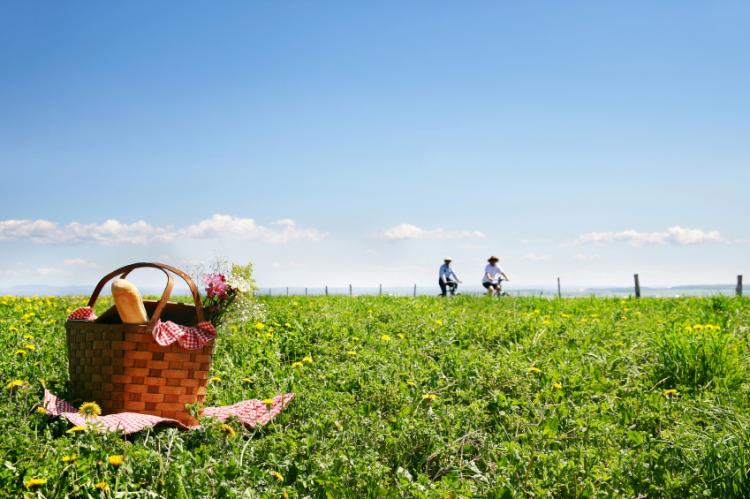The Queen celebrates two birthdays each year: her actual birthday on 21 April and her official birthday on (usually) the second Saturday in June.
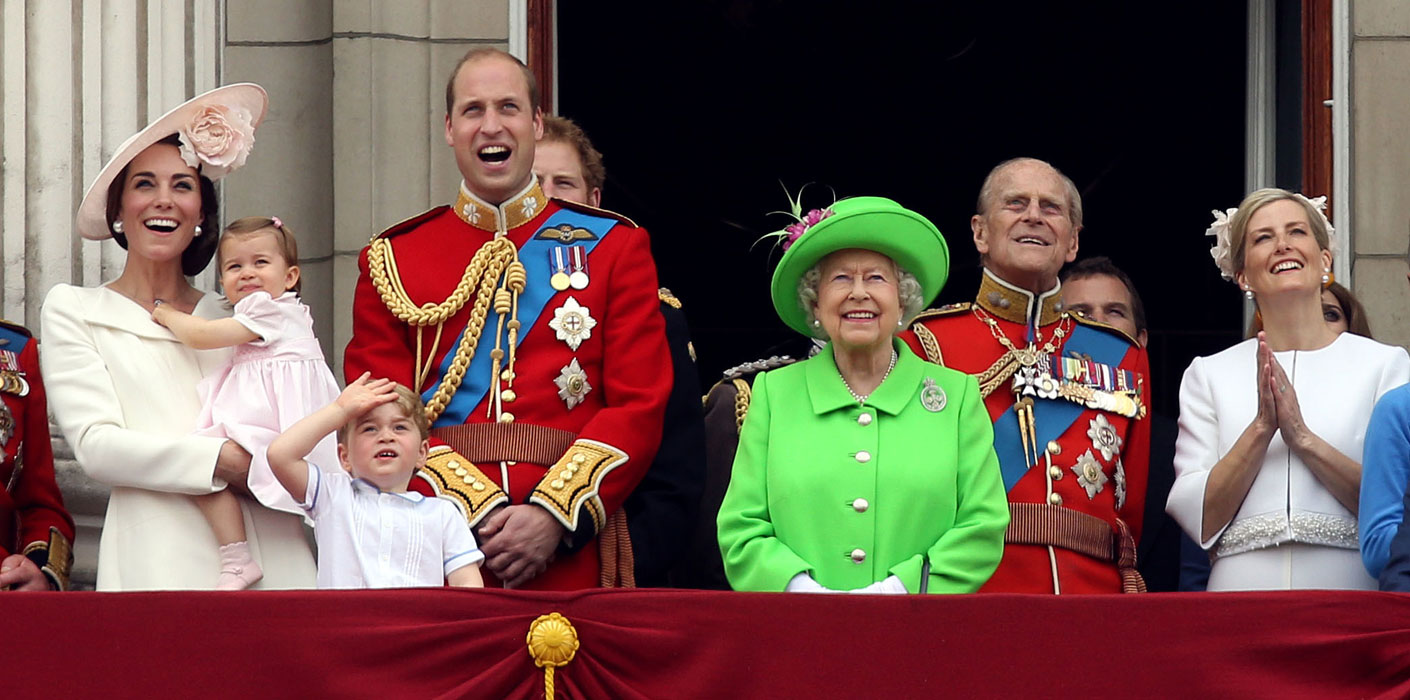
Official celebrations to mark Sovereigns' birthday have often been held on a day other than the actual birthday, particularly when the actual birthday has not been in the summer. King Edward VII, for example, was born on 9 November, but his official birthday was marked throughout his reign in May or June when there was a greater likelihood of good weather for the Birthday Parade, also known as Trooping the Colour.
The Queen usually spends her actual birthday privately, but the occasion is marked publicly by gun salutes in central London at midday: a 41 gun salute in Hyde Park, a 21 gun salute in Windsor Great Park and a 62 gun salute at the Tower of London. In 2006, Her Majesty celebrated her 80th Birthday in 2006 with a walkabout in the streets outside of Windsor Castle to meet well-wishers.
Gun salute marks the Queen's birthday
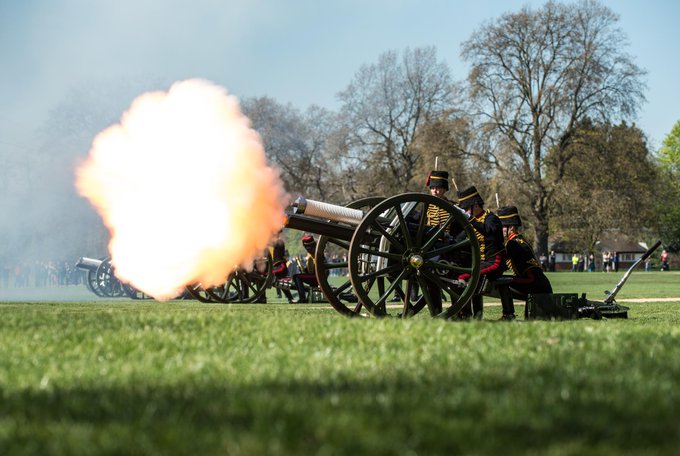
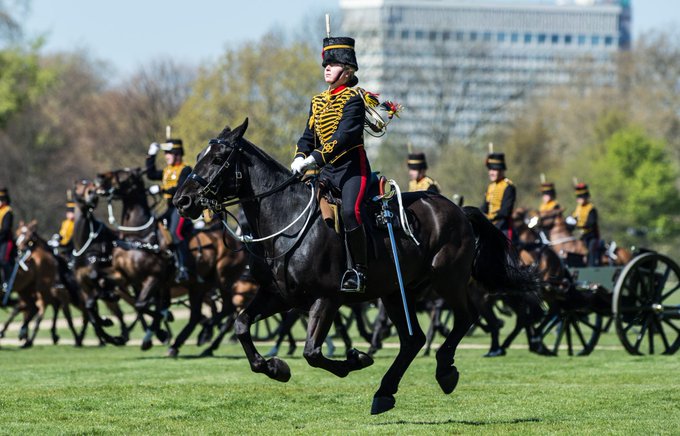
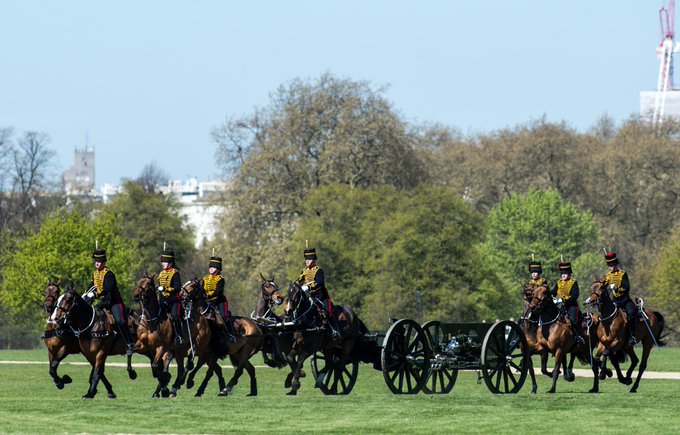
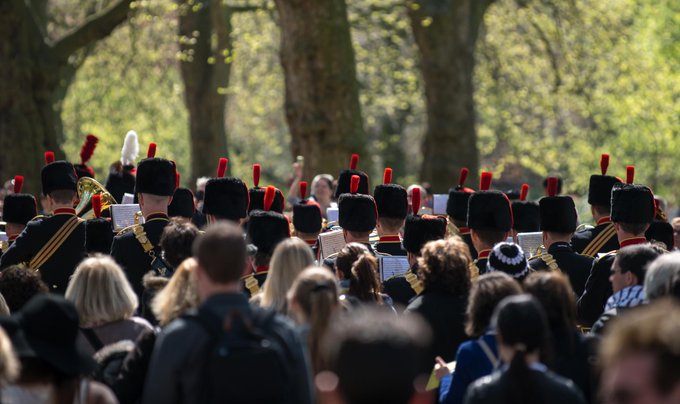
On her official birthday, Her Majesty is joined by other members of the Royal Family at the spectacular Trooping the Colour parade which moves between Buckingham Palace, The Mall and Horseguards’ Parade as well as a public appearance on the balcony of Buckingham Palace.

Official celebrations to mark Sovereigns' birthday have often been held on a day other than the actual birthday, particularly when the actual birthday has not been in the summer. King Edward VII, for example, was born on 9 November, but his official birthday was marked throughout his reign in May or June when there was a greater likelihood of good weather for the Birthday Parade, also known as Trooping the Colour.
The Queen usually spends her actual birthday privately, but the occasion is marked publicly by gun salutes in central London at midday: a 41 gun salute in Hyde Park, a 21 gun salute in Windsor Great Park and a 62 gun salute at the Tower of London. In 2006, Her Majesty celebrated her 80th Birthday in 2006 with a walkabout in the streets outside of Windsor Castle to meet well-wishers.
Gun salute marks the Queen's birthday




On her official birthday, Her Majesty is joined by other members of the Royal Family at the spectacular Trooping the Colour parade which moves between Buckingham Palace, The Mall and Horseguards’ Parade as well as a public appearance on the balcony of Buckingham Palace.
